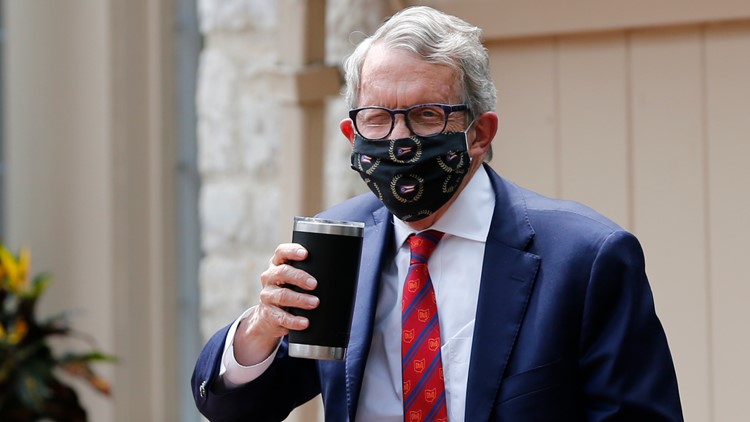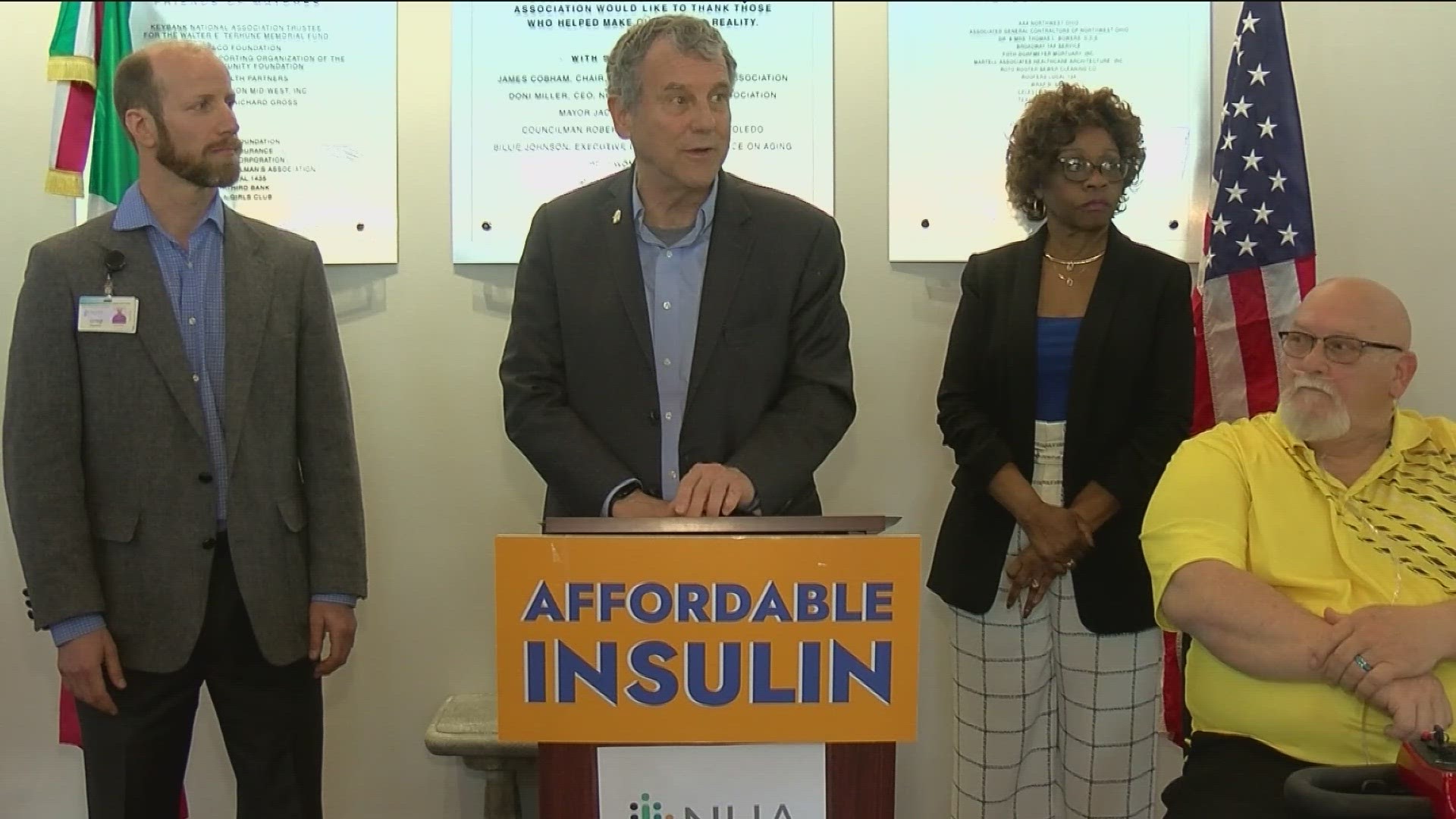OHIO, USA — Ohio Governor Mike DeWine spoke about Ohio's readiness for the 2020 presidential election on CNN’s State of the Union on Sunday.
In the middle of the coronavirus pandemic, one of the big concerns is whether election boards can run a fair and accurate election.
It’s expected that more people will opt to vote absentee this year as opposed to in-person at a polling place.
DeWine doesn't think there will be a problem.
"I'm comfortable. Look, you always have to worry about fraud. You have to be vigilant. We have a great Secretary of State Frank LaRose and good local boards, Democrat and Republican checking on each other. It's going to work," he said.
Voters can now request absentee ballots through their local board of elections. For more information on how you can request an absentee ballot, click here.
Election day is Tuesday, November 3.
DeWine also spoke about testing positive for coronavirus, and then negative last week.
DeWine says he was given a rapid test, or antigen test, ahead of President Trump’s visit to Ohio on Thursday in which he tested positive. Later DeWine was given a PCR test in which results came back negative.
He says antigen tests are screenings that are new and not as reliable.
"The antigen tests are fairly new and the companies that are coming out with them quite frankly, have the burden of showing, you know, how good they are,” said DeWine. “Could they be used in some situation? Yeah, they could be, but you have to understand going in, that you can get the false positives.”
Many medical professionals say they aren't sold on the accuracy of antigen tests. As a result, antigen tests are often counted as probable cases while positives from PCR tests are considered confirmed.
Practically, one is significantly faster than the other. PCR tests average several days for COVID-19 results. Results from antigen tests take only a fraction of the time.
Other than the speed of the results, the Mayo Clinic says PCR tests detect the genetic material of the virus.
They say antigen tests detect proteins that are part of the virus.
Regardless, DeWine says he's using his initial positive test as a wake-up call.
"We're taking this one step at a time. What we, what we saw the other day is, is certainly, if anyone needed a wake up call with the...antigens, how careful you have to be, that was, we certainly saw that with my test,” said DeWine.



